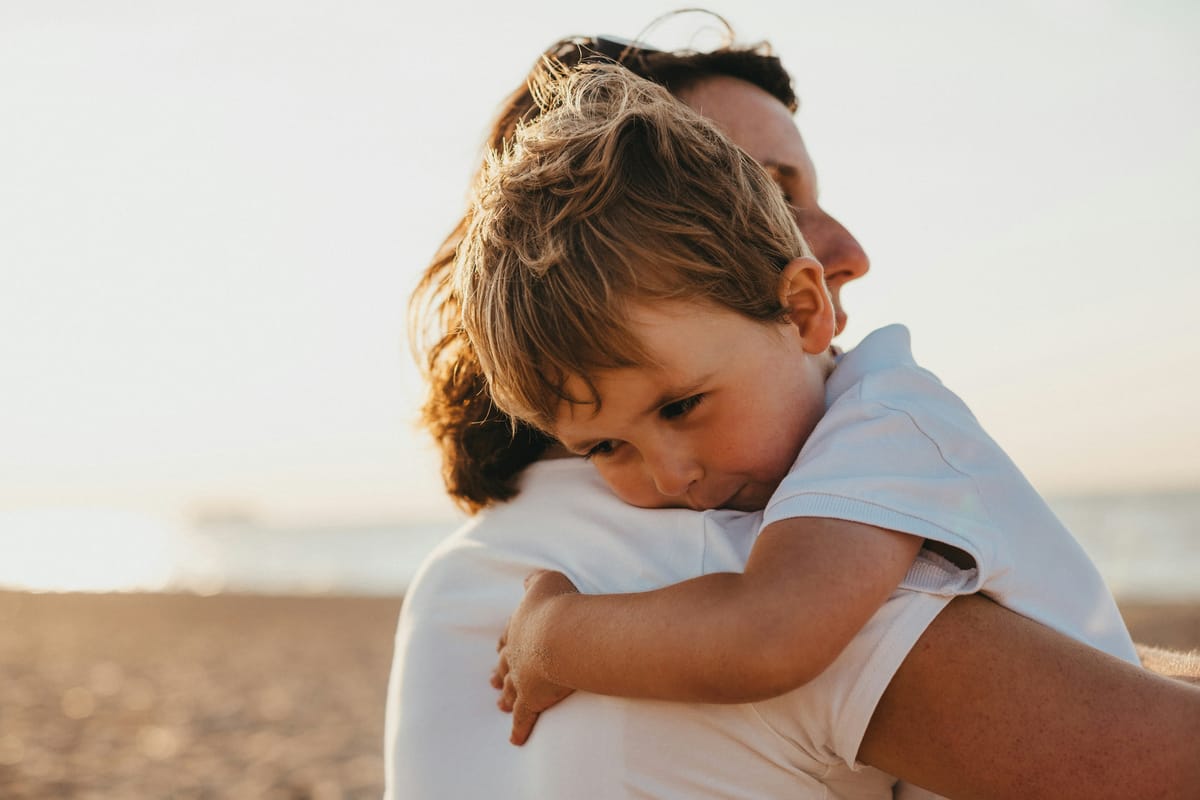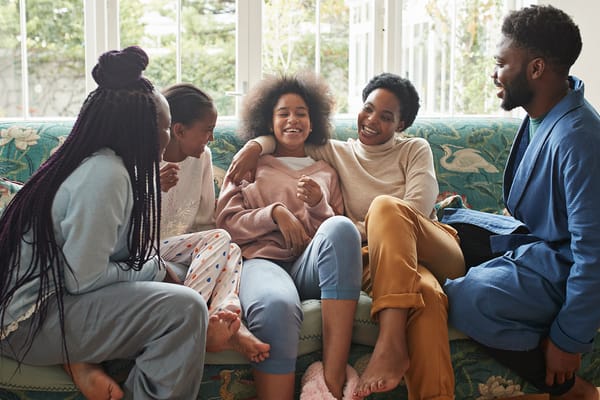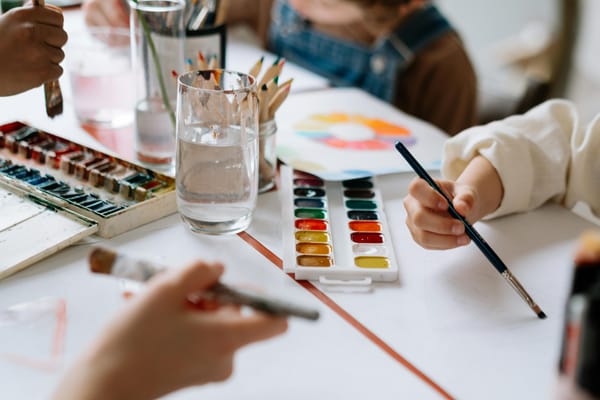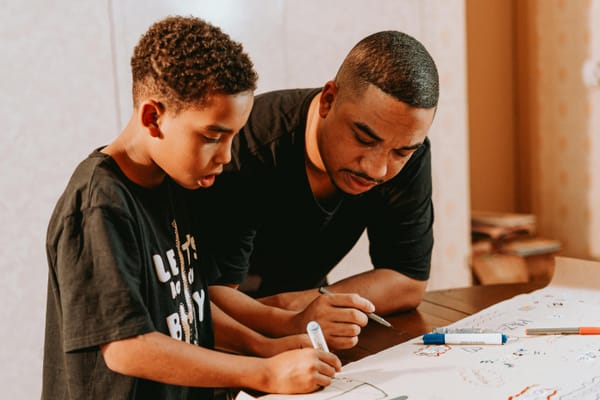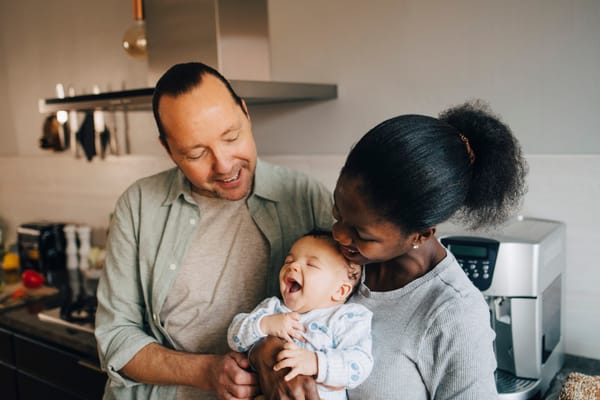One of the things we struggle with as parents is how children try to get our attention. When children use oblique ways to get attention, such as causing a ruckus, exaggerating or feigning their hurts, picking on other children, showing off, being coquettish - they risk being ignored or put down says Robin Grille
There are some questions we can ask in this situation to get a better understanding of what’s going on: When a child is being manipulative, instead of direct, how did he learn to do this? How did he come to feel that he shouldn't openly ask for a hug, an answer to his question, sympathy or just to be noticed or played with?
We unwittingly train our children to be indirect
All children begin their lives with complete frankness about their needs. Babies and toddlers reveal their longings with no compunction: what you see is what you get. If a child reaches out for attention and for warmth and she gets it, her ability to be open and directly assertive is reinforced. By begrudging our children's healthy attention seeking behaviours, we unwittingly train them to be indirect. We leave them little room for much else, so they go for the attention they need and deserve through the back door. Our society tends to consider children's needs for attention as a bother. No wonder children become indirect attention seekers, some even going to great lengths to fall ill or get injured in order to be noticed. Children who have too often been denied attention can become insatiable, as if no amount of limelight ever fills their cup. Attention is life-giving, a basic need and a human right. Children deserve all the attention they want.
When you wholeheartedly give a child the attention she asks for from the beginning, she soon has her fill. This is precisely what helps her to become more autonomous. As she grows, she asks for less of your attention (research shows that well-attached babies grow into children who are more independent), and when she does want attention, she asks directly, boldly and clearly.
Punished for feeling
Sometimes children are reprimanded for committing the offence of crying or being angry. Let's get this straight: emotions are not bad behaviour. Emotions don't hurt anyone. Suppressing children's emotions does, on the other hand, cause them harm: over time, if done repeatedly, it unbalances their brain chemistry, it stresses their immune and digestive systems, and it undermines their ability to relate to others.
Emotional censorship starts early. One of the most common things we say to a crying baby is "Shhh!" We say it soothingly, but why exactly do we shush them? Think of all the lullabies that start by telling our little babies to "hush", and "don't you cry". Have you ever paused to wonder why, in trying to comfort our babies, we ask them to be quiet? It seems as if the first thing we want is for the crying to stop - instead of connecting with our baby until the reason for crying has gone.
Instead of berating your child for feeling her feelings, give her the space to feel, and comfort and support her if she needs it. Sometimes when our children cry, sob or yell in anger we feel overwhelmed, irritated or burdened. Our children don't deserve the blame for this. When our child's emotions press our buttons, we need to own the problem. We need to somehow honour our own need for support or rest without making our children responsible. Real listening is all about feelings The listening I am talking about here is not just about receiving and storing information, not just about remembering what your child said. I am talking about listening with your heart, not just with your ears.
Real listening is all about feelings
All you need to be a good listener is a genuine interest in your child's emotional world. When you truly want to hear, no special skill is needed. Your child senses your interest in the tone of your voice, in your body language and the look in your eyes. You know you have listened when you feel moved. You might feel compassion, protectiveness, you might feel some pain about your child's hurts, pride or excitement about his achievements, or joy to meet his joy. Listening means letting yourself feel touched somehow, and being aware of the feelings that move through you.
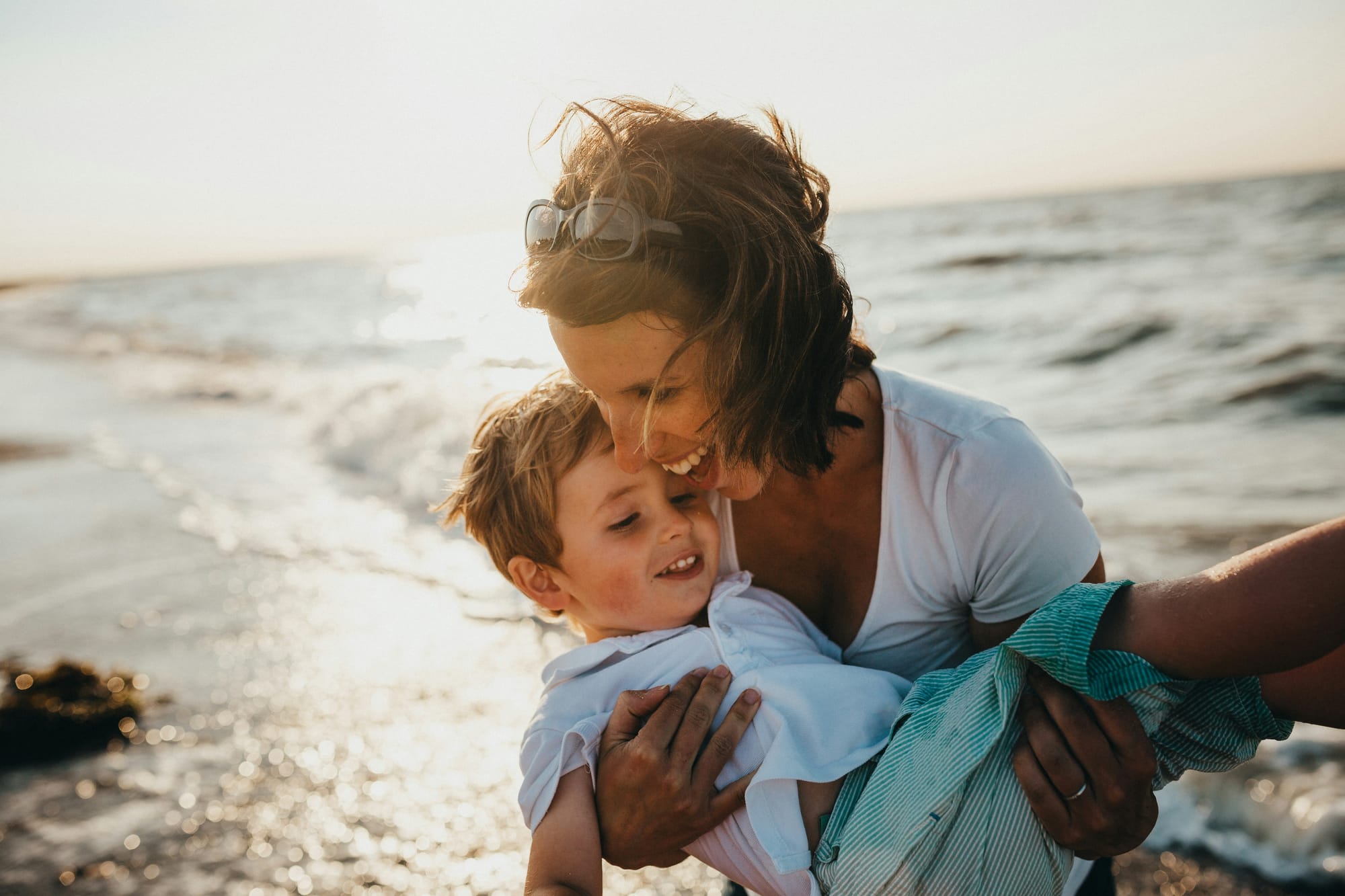
What listening is not
Sometimes listening comes easy. You find yourself intently listening in stillness, without even having decided to, and there is a wonderful and natural flow between you and your child. But sometimes listening can be hard. Our children's emotions spark off our own, and in discomfort we turn away, or we try to talk them out of their feelings. Whether it's because we cannot bear to child see our children in pain or because they are freely feeling something that we were never allowed to express - anger, joy, sadness, fear, passion - we block them out, we nip the connection in the bud.
How often we tell ourselves we are listening intently when in fact our minds are wandering elsewhere. It is unlikely that consistently good listeners exist. For most of us, good listening is a skill that comes and goes with our fluctuating moods. All counsellors, psychologists and anyone in the helping professions are imperfect (and sometimes lousy) listeners, and we should be honing our listening capacity for the rest of our lives. It is humbling to note that anyone can be a profoundly good listener without any training whatsoever, since all it takes is an open heart and an interest in the other person.
Blocking empathy
It's a fact of human relationships that our capacity for listening is elusive; we lose it, we regain it, we lose it again. Sometimes it is hard to see whether we are listening so that our children really feel heard. We kid ourselves. We think we are listening when really we are avoiding contact - and then we are bewildered by and surprised at our child's frustration. It can be very useful to get a clear picture of what is listening and what is not. When our own fears, our shame, our jealousies or our emotional exhaustion get in the way, we tend to play some pretty clever games to deflect our children's communications so that their feelings won't touch us. One of the biggest reasons we avoid listening is because our children's disappointments make us feel guilty. Our evasive tactics are called "empathy blockers". Empathy blockers save us the trouble of listening, but they cost us our connection with each other.
Sometimes we use empathy blockers inadvertently because we are anxiously trying to save our children from emotional pain. Ironically, the greatest salve for our children comes from being heard, not from us trying to change how they feel. For all of these reasons, we all use empathy blockers from time to time, quite automatically and unconsciously. You could say we are all quite skilled at blocking.
Here are some of the most common empathy blocker examples
Downplaying: "Oh, don't cry. I'm sure it's not that bad! It's not the end of the world."
Denial: "There is nothing wrong; nothing for you to be upset about. Everything is OK."
Reasoning: "Don't cry. Can't you see that the other child didn't mean to hurt you?"
The positive spin: "Look on the bright side. Can't you see, this probably happened for a good reason?"
Cheering up: "Don't worry. Here, let me tell you something funny I heard the other day. Here, have an ice cream. That'll cheer you up."
Advising/giving options: "Why don't you try doing this, or that? I think you should just ignore that so-and-so."
The expectation: "You should have known better. Get over it. Don't let it get to you."
Put down: "Don't be silly. Don't be ridiculous."
Diagnosing/labeling: "You are being over-sensitive."
Distracting/diverting: "Hey, have a look at the pretty puppet."
Stealing the thunder: "Now you know how I felt when the same thing happened to me."

Most empathy blockers are not malicious, they may be well intentioned, but they do not help the child to feel heard and connected to you. It might seem surprising, even bewildering, to hear that when you try to cheer up a child who is upset, this can often backfire - she might even feel more distressed, even angry. This is because she feels that her feelings are not accepted when what she actually needs is support for feeling the way she does. If this is hard to understand, then think of the last time you felt deeply upset, offended or anxious and someone told you to lighten up. How did that make you feel? Empathy blockers leave anyone on the receiving end feeling shut out and frustrated, and as if there must be something wrong with them for feeling the way they do.
Our children just want to be heard
Take a few moments to check this out for yourself. Have you ever heard yourself use one, a few or perhaps even all of the empathy blockers listed with your child? How did your child respond? Now, in case you're tempted to become self-critical, remember: we all put up barriers to listening from time to time.
The most important thing for us to get is that primarily, our children just want to be heard. First and foremost they want evidence that they are not alone, that someone sees how they feel and cares about them. This makes more of a difference than all the advice in the world.
Empathy blockers really muddy the connection between parents and children; they create detachment and distance, and they frustrate children's attempts to reach out. The more we use empathy blockers, the less our children are inclined to come to us with their feelings, the less they want to tell us about their lives and the less they want to listen to us. When we are concerned that our children don't listen to us, perhaps we need to take an honest look at how well we have listened to them.
It is sad when blocked empathy diminishes our sense of closeness with each other, and particularly worrisome when our children feel lost or in some kind of trouble but don't turn to us for help. Our children's trust in us is a function of how safe they feel to open up to us without feeling manipulated, expected of, judged, put down or criticized. Listening is at the heart of connection, and if we can't listen well, we cease to be an influence in our children's lives.
Robin is a Sydney-based psychologist. He is the author of three parenting books including Parenting for a Peaceful World.
MORE INSPIRATION
READ More articles on respectful parenting at naturalchild.org
WATCH Robin’s videos including the Transformative Power of Listening video at robingrille.com/videos
READ Heart to Heart Parenting by Robin Grille
WATCH: Robin speaking about Parenting for a Peaceful World


